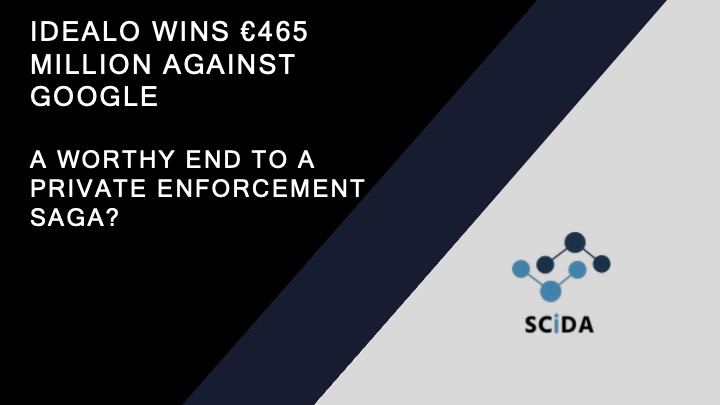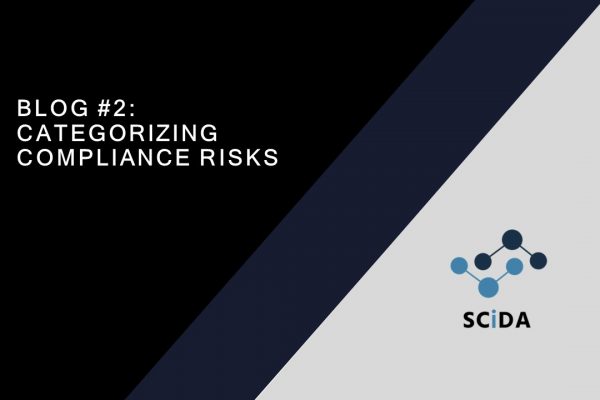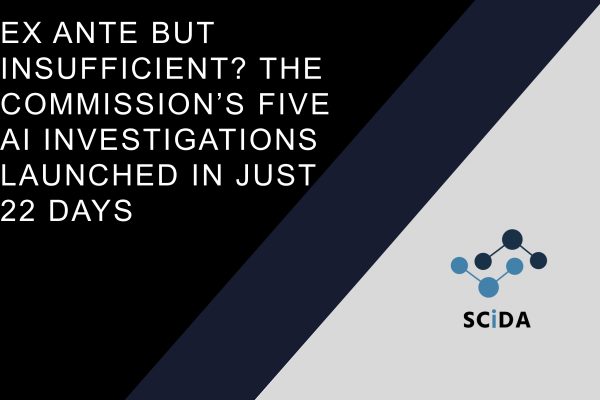The judgment handed down today, 14 November 2025, by the Regional Court of Berlin (Landgericht Berlin II, Case No. 16 O 195/19 Kart(2)) marks a notable milestone in the long-running David-and-Goliath battle between the German price-comparison platform Idealo and Google. Although the awarded €465 million in damages and interest falls far short of Idealo’s initial claim, the decision may prove significant for the future of private enforcement actions against Big Tech platforms. At present, we only have reports in the press, not even a press release by the court. The decision has not yet been published – and this may unfortunately take a while in German courts.
by Sarah Hinck
Setting the Stage: Idealo v Google
Idealo, majority-owned by Axel Springer SE (not a real David, to be frank, but the most powerful German media house), launched the action in 2019, alleging that Google abused its dominant position in general search by systematically favouring its own price-comparison offering (“Google Shopping”) over rivals such as Idealo. Over time, Idealo amplified its claim to more than €3.3 billion.

The broader context is well known: the European Commission’s landmark Google Shopping decision from 2017 (Case AT.39740), which imposed a €2.4 billion fine for the same conduct. The European Court of Justice upheld that fine in 2024, providing national courts with a solid foundation for follow-on damages claims (Case C‑48/22 P). After that judgment, the SCiDA team spoke with Idealo co-founder Albrecht von Sonntag in October 2024 about the origins of the case — now culminating in today’s victory. While the basis for the claim was well-established by the European institutions, it was far from certain that this was an easy take: Damages claims in German courts take their time, and are very unusual for abuse cases. Assessing damages has become standard procedure for cartel cases, but not for abuse cases. Marie-Christine Schulte wrote a 473-pages PhD thesis at our Heinrich Heine University on the legal issues coming up in damages cases.
What we know about the hearing
Reports about the oral hearing on 13 November 2025 in the Idealo case tell us that, despite the clarity after last year’s CJEU Google Shopping judgement, there were still many open questions. The judgment also did not seem to stop Google from denying that any damage occurred and that there was any wrongful conduct. The court, however, emphasised the importance of the 2017 decision by the European Commission, which found abusive conduct by Google in price-comparison services. And since that decision has become final (after judicial review), the court regards that part of the period as clearly covered. The court even relied on a notable presumption: “If traffic was diverted, one must assume damage may have occurred.”
Two issues proved particularly challenging: the amount of damage and the duration of the period for which damages could be claimed.

On quantum, both sides submitted extensive expert economic reports modelling counterfactual scenarios of how Google Search might have evolved without self-preferencing. Remember that Froogle, Google’s first try at comparison service, was pretty much a failure. The whole thing only rose to power once Google had altered the algorithm so that the Google-owned website suddenly appeared high up in rankings (see para. 343 of the Commission’s decision). Presiding judge Michael Vogel reportedly expressed scepticism over Idealo’s approach, particularly the assumption that every product search could be treated as a lost potential user of a comparison service if price-comparison functions had not been integrated directly into Google’s results. This scepticism likely explains why the court arrived at a significantly lower figure than Idealo had claimed.
With regard to the duration, a central issue was how to assess the period after Google altered the presentation of price information following the EU Commission’s decision. Google argued that it had stopped favouring its own services. Idealo had chosen not to join the “Shopping Units” boxes that replaced Google’s earlier price-comparison display after the Commission had intervened. According to Google, these units are an independent advertising space open to all comparison sites, and European law requires nothing further. For the Idealo co-founder Albrecht von Sonntag however, this amounted to an attempt to force competing comparison sites into the Google infrastructure. The remedies in the Google Shopping case are widely seen as useless in academia – fuelling the idea that behavioural remedies are inferior to structural separations. Reportedly, the court ultimately found that Google’s infringement lasted well beyond the time when Google took measures to “comply” with the Google Shopping decision.
The trial also had a side act – Producto GmbH – operator of Testberichte.de (a website for product testing) among other sites — was awarded €103.7 million, based on similar facts(Case no. 16 O 275/24).
What’s next?

The Berlin court today may have ruled in favour of Idealo – accepting a claim for damage but reducing its quantum, awarding €374.1 million in damages plus €91.1 million interest for a rounded total of €465 million. But the court allowed the appeal (to the Kammergericht, Berlin’s Higher Regional Court), so the decision is far from final. And given the stakes and Big Tech’s army of lawyers, we may even see another round of appeal to the German Federal Court of Justice or, with some effet utile-reasoning, a referral to the European Court of Justice.
But also, Idealo may have an even better hand to play: The judgment is limited to the time before the DMA entered into force. Since the EU Commission is also investigating Google’s potential wrongdoing under the self-preferencing prohibition in Article 6(5) DMA, there might be fertile soil for further action. With Google in the DMA spotlight, the chances of structural measures for systematic non-compliance (e.g. by three infringements in eight years, cf. Article 18) come closer.
What is clear already is that private enforcement continues to play a role in shaping competition law in the digital economy. Just recently, Google had lost a case in another German court, Landgericht Mainz, on DMA grounds. The Court ruled on 12 August 2025 that Google may no longer give preferential treatment to its own email service, Gmail, during the setup process of an Android smartphone. Instead, when creating a Google account, email addresses from alternative providers must be accepted on equal terms. The lawsuit was filed in October 2024 by the email providers GMX and WEB.DE, represented by their parent company 1&1 Mail & Media.
It was, as far as we know, the first successful DMA-based private enforcement action. In another spectacular ruling, OpenAI had just lost in a Munich court to claimants for violating copyright. Pending publication of the full judgment on Idealo – today’s decision may well open the door to further actions against Google. Silicon Valley is often said to follow a simple rule: move fast, and if someone gets hurt, settle later. This ex post liability mindset is frequently contrasted with Europe’s more cautious ex ante regulatory tradition. Perhaps the era of belated payback is only just beginning.
If you do not want to miss any of our future blog posts you can subscribe to the SCiDA-Newsletter here.





